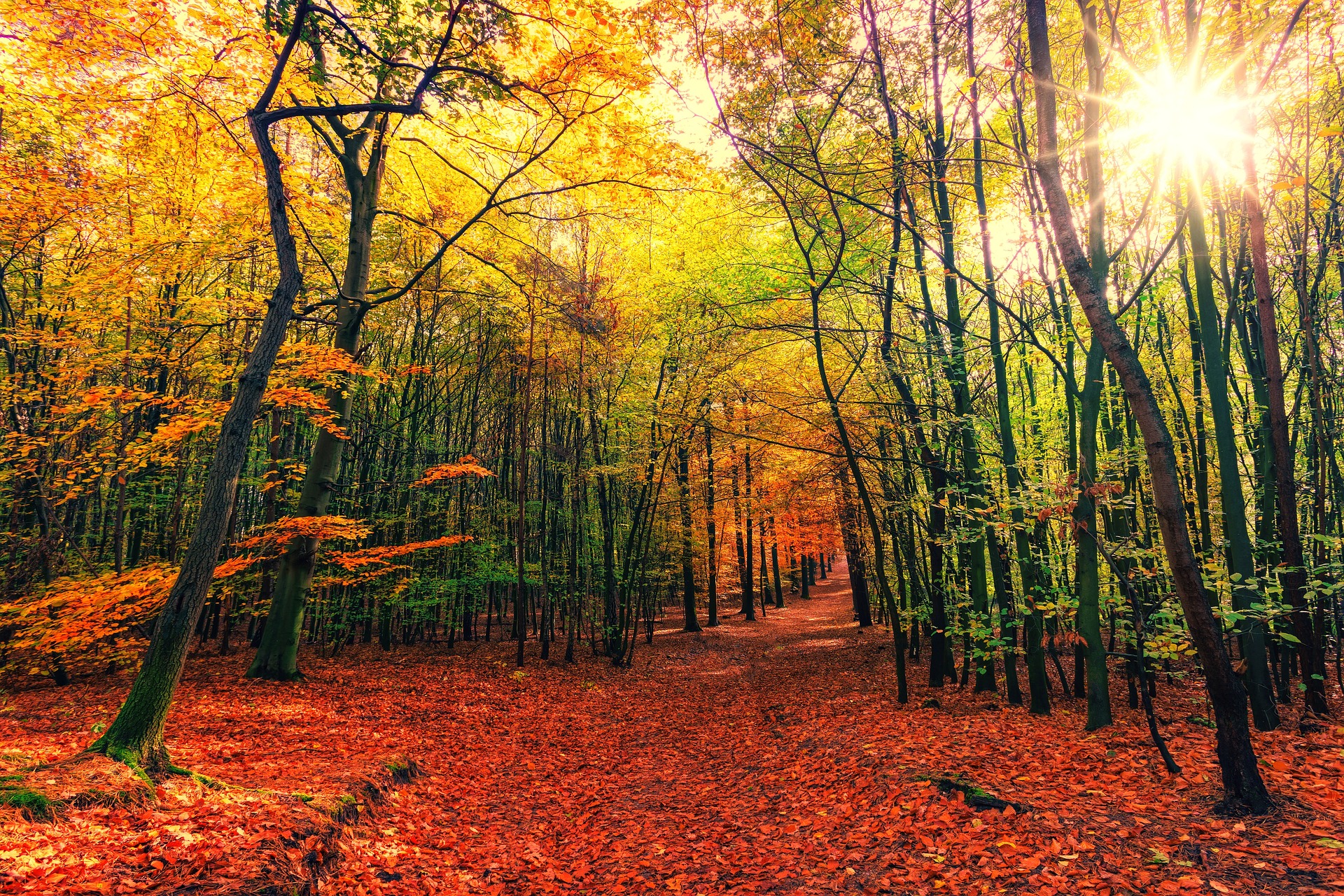Exploring the Rise of Urban Foraging: A Sustainable Trend
Urban foraging, once a niche activity, is gaining traction as a sustainable and community-building practice in urban areas worldwide. Read below to uncover the burgeoning trend of urban foraging, its benefits, and how it is reshaping perspectives on food, community, and sustainability.
What is Urban Foraging?
Urban foraging involves gathering wild, edible plants and mushrooms from urban environments such as parks, streets, and even backyards. It connects people directly with their local ecosystems and promotes a deeper understanding of the natural world amidst urban landscapes. Foragers seek out nutritious foods that grow naturally without human intervention, embracing a sustainable approach to food sourcing.
The Benefits of Urban Foraging
Environmental Impact
Urban foraging reduces the carbon footprint associated with food transportation and packaging, contributing to environmental sustainability. By harvesting locally grown foods, foragers help preserve biodiversity and reduce reliance on industrial agriculture practices that may harm ecosystems.
Health and Nutrition
Wild foods often boast higher nutritional value compared to commercially grown counterparts. Urban foragers enjoy fresh, organic produce rich in vitamins, minerals, and antioxidants. Engaging in urban foraging can also promote a healthier lifestyle by encouraging physical activity and time spent outdoors.
Community Engagement and Education
Community Building
Urban foraging fosters community bonds as participants share knowledge and experiences. It encourages collaboration among neighbors, schools, and local organizations, strengthening social connections and promoting a sense of shared stewardship over urban green spaces.
Educational Opportunities
Foragers often educate others about plant identification, sustainable harvesting practices, and the cultural significance of wild foods. Schools and community groups may organize workshops and outings to teach children and adults alike about local flora and the benefits of foraging responsibly.
Challenges and Considerations
Safety and Legalities
While urban foraging can be rewarding, it’s essential to prioritize safety and legality. Foragers must accurately identify edible plants and mushrooms to avoid consumption of toxic species. Additionally, understanding local regulations ensures compliance with laws governing public land use and foraging practices.
Environmental Ethics
Responsible foraging involves ethical considerations, such as harvesting in moderation to ensure plants can regenerate and sustain local ecosystems. Foragers should respect private property rights and environmental conservation efforts, leaving no trace of their presence in natural areas.
Useful Tips and Facts:
- Safety First: Always use reliable identification guides and consult with experienced foragers.
- Seasonal Awareness: Different plants and mushrooms are available throughout the year; research local seasonal availability.
- Start Small: Begin with easy-to-identify plants like dandelions and berries before progressing to more complex species.
- Urban Pollution: Be cautious of pollution in urban areas; avoid foraging near roadsides or industrial sites.
Conclusion
Urban foraging offers more than a source of food; it represents a cultural shift towards sustainability and community resilience. By reconnecting with nature in urban settings, foragers promote environmental stewardship and healthy living. As this trend continues to grow, urban foraging has the potential to enhance urban landscapes, foster community cohesion, and inspire a deeper appreciation for the natural resources available in our cities. Whether you’re intrigued by sustainability or seeking new culinary experiences, urban foraging offers a pathway to explore and embrace a more harmonious relationship with our urban environments.





